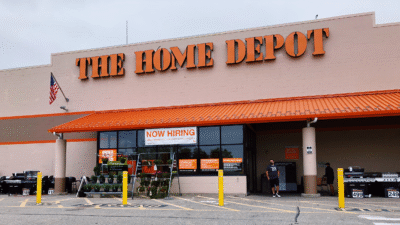
Sign up for smart news, insights, and analysis on the biggest financial stories of the day.
It’s just like the old saying: if you can’t beat em’, acquire a $6 billion hotel chain with ‘em.
Rival investment firms Blackstone and Starwood spent last year jockeying over stakes in Extended Stay, the hotel chain focused on longer-term guests. Yesterday, the two real estate giants announced a deal to acquire it together.
Third Time’s the Charm
While hospitality has been in for a rough ride of late, Extended Stay has managed to buck the trend. The company’s properties — which offer guests kitchen facilities and above average room sizes — attracted essential workers, healthcare professionals, and other travelers during the pandemic.
Extended Stay saw a 74% occupancy rate last year, blowing the industry average 44% occupancy rate out of the water. And Blackstone and Starwood believe the company will continue to do well throughout the recovery and through various economic cycles:
- In the future, Extended Stay expects to fill beds with business travelers who need longer stays without the hassle of a lease.
- They also expect demand from divorcees and those moving into new homes.
Starwood Capital Chief Executive Barry Sternlicht called Extended Stay a “bread-and-butter investment,” saying “this isn’t glamorous.”
We’ve Got A History: The transaction represents the third time Blackstone has owned Extended Stay, including in 2010 when Blackstone led a group that rescued the company from bankruptcy (beating out Starwood in an auction process).
Now, the two firms will be equal partners, with their $6 billion purchase giving shareholders a 23% premium on the Extended Stay’s 30 day average share price.
the takeaway
Prepare to see a lot more news like this. Blackstone cut its lodging holdings in the years leading up to the pandemic to 10% of its portfolio, down from 50% a decade ago. Now, as the world reopens, the firm says it has a “high degree of interest” in “every segment of hospitality.”











